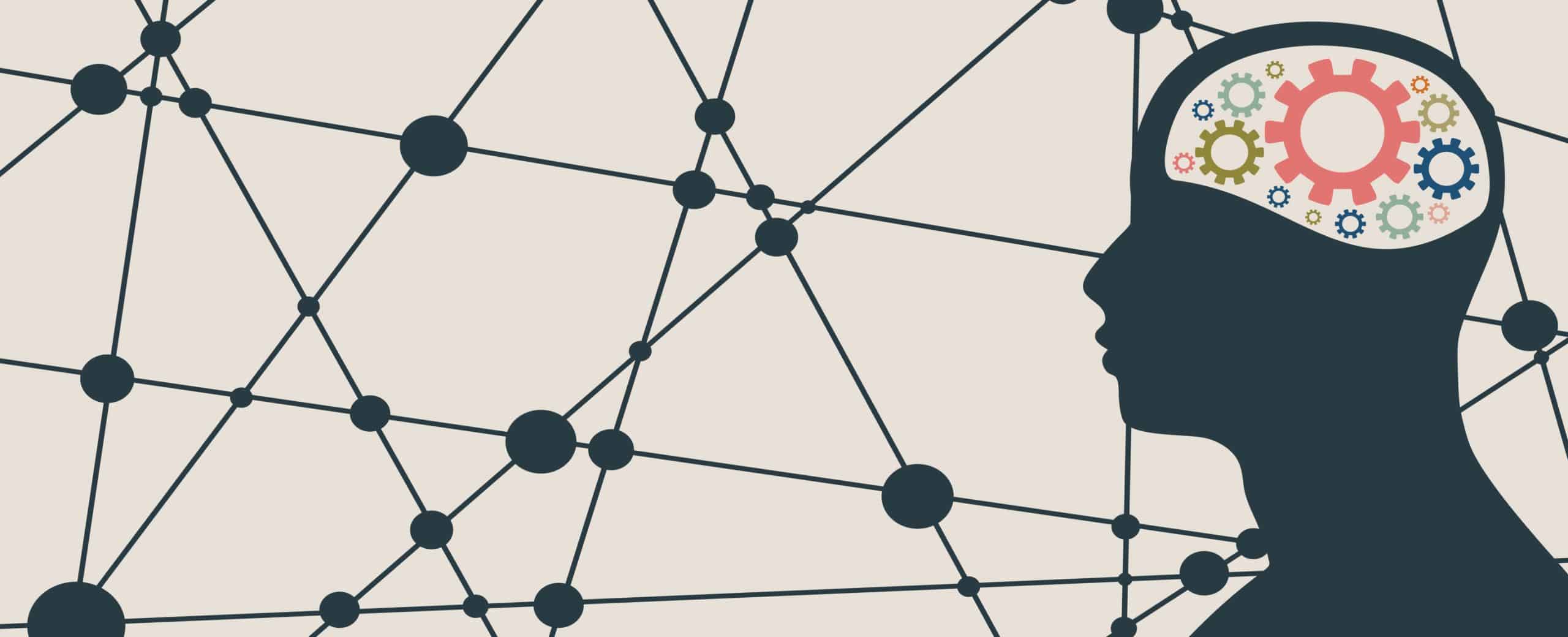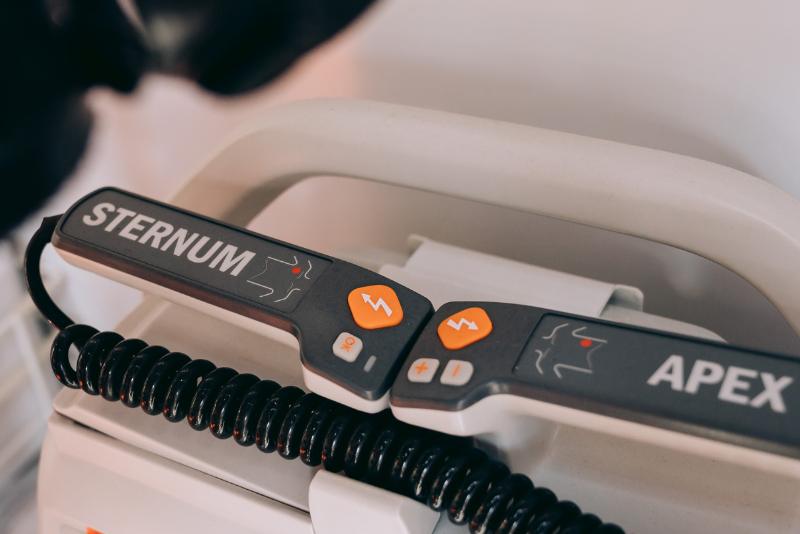According to the National Alliance on Mental Health, one in five adults in the United States experience mental illness during their life. Although this makes up nearly 18.5% of our total population, many individuals with mental health issues hesitate to seek care. It is important to understand that your mental health matters at all stages in your life! If you or someone you know is struggling with a mental illness, below are some ways to get help.
Immediate Help in a Crisis
If you or someone you know is in immediate danger, call 911 or go to the nearest emergency room.
National Suicide Prevention Lifeline: The Lifeline is a free, confidential crisis hotline that is available to anyone 24 hours a day, seven days a week. The Lifeline connects callers to the nearest crisis center in the Lifeline national network. These centers provide crisis counseling and mental health referrals. People who are deaf, hard of hearing, or have hearing loss can contact the Lifeline via TTY at 1-800-799-4889.
- Phone: Call 1-800-273-TALK (8255)
Crisis Text Line: The Crisis Text hotline is available 24 hours a day, seven days a week throughout the United States. The Crisis Text Line serves anyone, in any given crisis, by connecting them with a crisis counselor who can provide support and information.
- Phone: Text “HELLO” to 741741
Veterans Crisis Line: The Veterans Crisis Line is a free, confidential resource that connects veterans 24 hours a day, seven days a week with a trained responder. The service is available to all veterans, even if they are not registered with the VA or enrolled in VA healthcare. People who are deaf, hard of hearing, or have hearing loss can call 1-800-799-4889.
- Phone: Call 1-800-273-TALK (8255) and Press 1 or Text to 838255
Disaster Distress Helpline
The disaster distress helpline provides immediate crisis counseling for individuals who are experiencing emotional distress related to any natural or human-caused disaster. The helpline is free, multilingual, confidential, and available 24 hours a day, seven days a week.
- Phone: Call or text 1-800-985-5990
Find a HealthCare Provider or Treatment
Treatment for mental illnesses usually consists of therapy and medication or a combination of both. Treatment practices can be given in person, through phone, or on the computer. Finding a provider can be challenging. Below are ways to find a provider who will meet your needs.
Primary Care Provider: Your primary care practitioner can be an important resource, providing initial mental health screenings and referrals to mental health specialists. If you are having mental health difficulties, schedule an appointment with your primary care provider and talk to him/her. They will help you find the right personal treatment methods.
Insurance Companies: The Customer Services Department of your insurance company will know which local providers are covered by your insurance plan. Their websites will have searchable databases that allow you to find a participating practitioner in your area.
Mental Health Resources
Substance Abuse and Mental Health Services Administration (SAMHSA): For general information on mental health and to locate treatment services in your area, call the SAMHSA Treatment Referral Helpline at 1-800-662-HELP (4357). SAMHSA also has a Behavioral Health Treatment Locator on its website that can be searched by location.
National Alliance on Mental Illness (NAMI): NAMI offers a wealth of information by providing advocacy, education, support and public awareness for all individuals and families affected by mental illness.
Anxiety and Depression Association of America (ADAA): ADAA is an international nonprofit organization dedicated to the prevention, treatment, and cure of anxiety, depression, OCD, and PTSD.
Depression and Bipolar Support Alliance (DBSA): DBSA provides hope, help, support, and education to improve the lives of people who have mood disorders.
Mental Health America (MHA): MHA’s mission is to promote mental health as a critical part of overall wellness by offering prevention and intervention services, integrated care, and support for those who are need of them.
Help for Service Members and Their Families: Current and former service members may face different mental health issues than the general public. For resources for both service members and veterans, please visit the MentalHealth.gov or the U.S. Department of Veteran Affairs’ mental health page.
Health Service Resources
State and County Agencies: The website of your state or county government may have information about health services in your area. You can find this information by visiting their websites and searching for the health services department.
Health Resources and Services Administration (HRSA): HRSA works to improve access to health care services. The HRSA website has information on finding affordable healthcare, including health centers that offer care on a sliding fee scale.
Remember, your mental health impacts every aspect of your life. If you need help and don’t see an appropriate resource listed, please reach out to me at dherndon@psafinancial.com.




